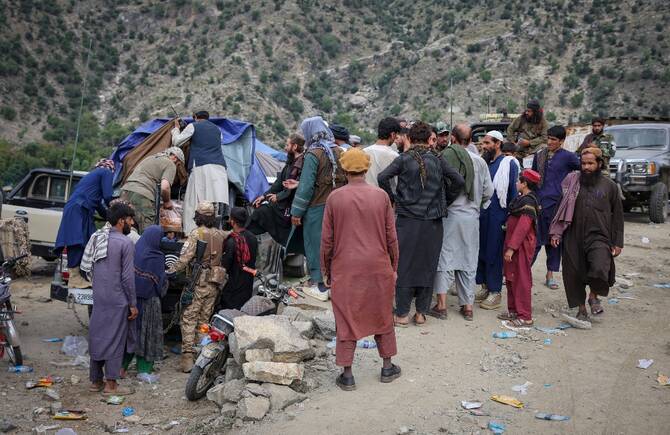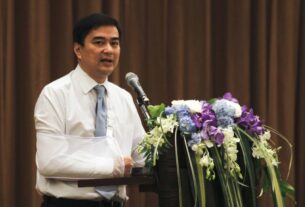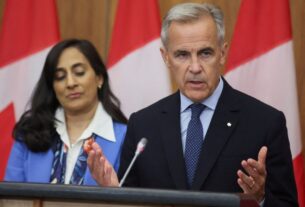In the heart-wrenching mountains of eastern Afghanistan, communities are reeling from one of the deadliest earthquakes in recent years. The tremors have stopped, but for thousands of families, the pain has only just begun.
As rescue workers continue to dig through the rubble with bare hands and shovels, stories of unimaginable loss are emerging. Over 1,457 lives have been lost, though the numbers are still rising, with many still trapped under debris. The desperation is raw.
“Everything we had has been destroyed,” says Aalem Jan from Kunar province, his voice breaking. “Our house is gone. All we own now are the clothes we’re wearing.”
The first earthquake struck on Sunday—a powerful magnitude 6 quake at just 10 kilometers deep. It tore through the provinces of Kunar and Nangarhar, leaving behind chaos, cracked earth, and crumbled homes. On Tuesday, a second quake—magnitude 5.5—shook what remained, triggering landslides and cutting off remote mountain villages from rescue access.
The statistics are staggering:
- Over 3,400 injured
- More than 6,700 homes destroyed
- Around 84,000 people directly and indirectly affected
- Thousands displaced with no shelter, food, or medical aid
Entire families have been buried together, and in many villages, no one was left to tell the tale. In haunting silence, survivors dig through ruins, lifting lifeless bodies with homemade stretchers and laying loved ones to rest with their bare hands.
Footage shows aid trucks braving treacherous terrain, carrying sacks of flour and emergency supplies, while helicopters drop commando units into inaccessible areas. But it’s not enough—not even close.
The race against time is now a race against indifference.
Afghanistan, a nation already battered by decades of conflict, economic collapse, and international isolation, is now grappling with nature’s fury without the tools to respond. The Taliban government’s restrictions on women and aid organizations have only deepened the isolation. International donor fatigue, worsened by political complications, has caused severe funding shortages.
The World Health Organization warns of a $3 million funding gap—money desperately needed to supply trauma kits, essential medicines, and basic commodities. The World Food Programme says it can only feed survivors for four more weeks before its supplies run dry.
“The humanitarian needs are vast and growing rapidly,” the Red Cross reported. The Norwegian Refugee Council urged global donors not just to offer emergency relief but to commit to rebuilding lives and futures.
“This earthquake is more than a disaster—it’s a plea for the world to remember Afghanistan,” said Jacopo Caridi of the NRC. “This country cannot face crisis after crisis alone.”





